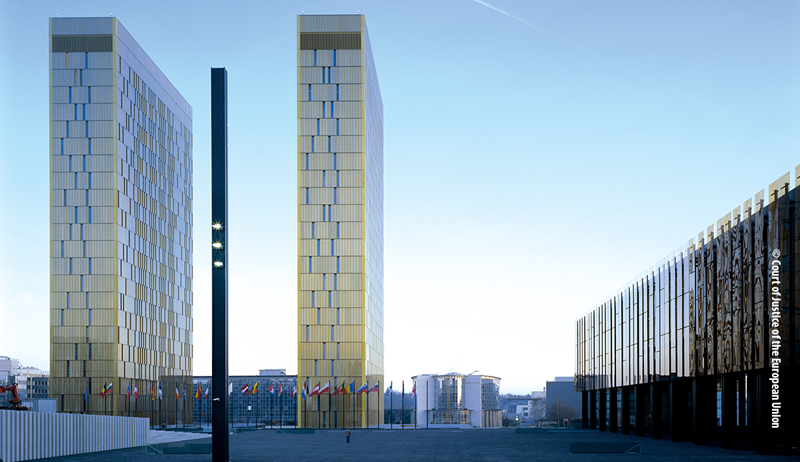Airbnb Wins Top EU Court Ruling Over Regulatory Status

European Court of Justice decides Airbnb is an ‘information society service’ and not a real estate agent, defeating challenge by Paris city authorities
Airbnb has won a decision by the European Court of Justice (ECJ), the EU’s highest court, that could have resulted in more regulation.
France’s Association for Professional Tourism and Accommodation (AHTOP) had charged that Airbnb was operating as an unlicensed real estate agency, a claim rejected by the Luxembourg-based court.
A ruling against Airbnb could have provided a precedent in other countries, forcing the company to comply with significantly more restrictive regulations.
Instead, the ECJ found Airbnb was an “information society service” as it mainly provides a tool allowing customers to find properties to rent.

Regulatory challenge
Airbnb is facing challenges by city authorities in Paris, Amsterdam, Barcelona and elsewhere concerned by the way the company is changing the character of residential neighbourhoods.
The firm said the ECJ’s decision would allow it to “move forward and continue working with cities on clear rules”.
“We want to be good partners to everyone and already we have worked with more than 500 governments to help hosts share their homes, follow the rules and pay tax,” said the firm, which is planning a stock market listing next year.
The ECJ contrasted its decision with a December 2017 finding in which, by contrast, it ruled that Uber operated as a taxi company and not an “information society service”.
‘Intermediation service’
Airbnb does not set or cap the rent charged by home-owners and allows customers to choose which property they rent, for instance, the ECJ said, while home-owners are allowed to offer their properties through other channels.
As such, the company does not have a “decisive influence” over the accommodation offered on the platform, but is mainly an “intermediation service“.
By contrast, Uber sets the rates charged by its drivers and chooses which driver to assign to a passenger.
AHTOP said it would continue in its efforts to more tightly regulate Airbnb.
The organisation said that since it filed its complaint in 2015 new regulations had been introduced in France that apply to the company.